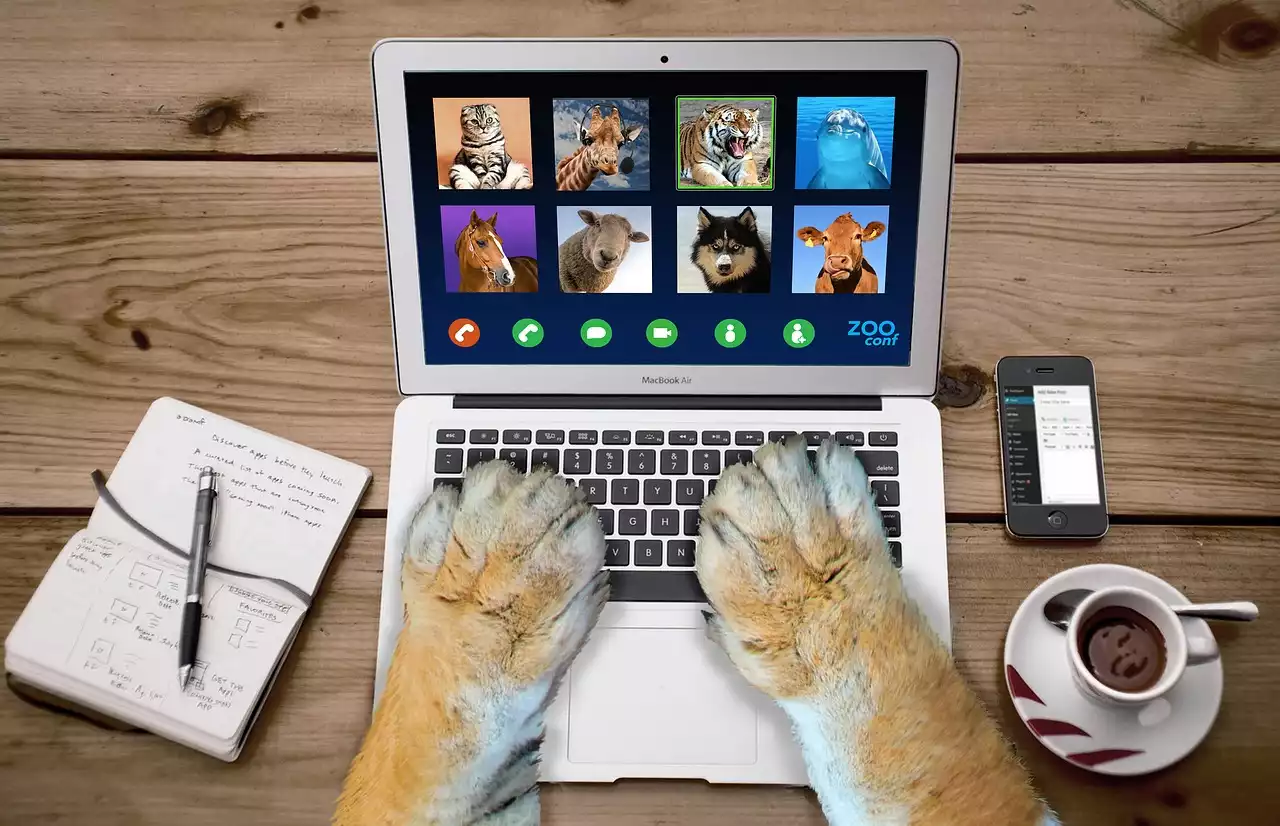Understanding Remote Work Relationships
Remote work relationships are built and maintained through virtual communication channels, such as emails, video conferencing, phone calls, and instant messaging. Unlike traditional office settings, remote workers don't have the luxury of face-to-face interactions, which can make building relationships challenging. Therefore, remote workers must be intentional about creating and nurturing relationships with their colleagues and managers.
The Importance of Remote Work Relationships
Strong remote work relationships are essential for a productive and enjoyable remote work experience. When you have strong relationships with your colleagues and managers, you feel more connected to your team, and you're more likely to collaborate effectively. Additionally, having strong relationships with your colleagues and managers can help you feel supported and valued, which can positively impact your mental health and job satisfaction.
Common Challenges of Remote Work Relationships
One of the most significant challenges of remote work relationships is the lack of face-to-face interaction. Without in-person interactions, it can be difficult to establish rapport and build trust with colleagues and managers. Additionally, remote workers may feel isolated and disconnected from their team, which can lead to feelings of loneliness and disengagement. Another challenge of remote work relationships is the potential for miscommunication due to the reliance on virtual communication channels.
How to Build Trust in Remote Work Relationships
Trust is essential for building strong remote work relationships. To build trust with your colleagues and managers, you must be reliable and consistent in your communication and work output. Additionally, it's essential to be transparent about your work progress and any challenges you may be facing. When you're transparent about your work, your colleagues and managers can better support you and offer assistance when needed.
Creating Trust in Remote Teams
Communication Strategies for Remote Work Relationships
Effective communication is critical for building strong remote work relationships. When communicating virtually, it's essential to be clear and concise in your messages. Additionally, it's essential to choose the right communication channel for the message you're trying to convey. For example, urgent matters may be better suited for a phone call, while non-urgent matters can be communicated via email or instant messaging.
Regular check-ins with your colleagues and managers can also help build strong relationships. Schedule regular virtual meetings to discuss work progress and any challenges you may be facing. These meetings can also provide an opportunity to connect on a personal level and build rapport outside of work-related topics.
Collaborating Effectively in Remote Work Relationships
Collaboration is essential in remote work relationships, as it allows for the sharing of ideas and the creation of innovative solutions. To collaborate effectively, it's essential to establish clear goals and expectations for the project. Additionally, it's essential to choose the right collaboration tools for the job. For example, if you're working on a project that requires real-time collaboration, a tool like Google Docs or Microsoft Teams may be more effective than email.
When collaborating remotely, it's also essential to be respectful of your colleagues' time and schedules. Avoid scheduling virtual meetings outside of your colleagues' working hours and provide ample notice for any meetings or deadlines.
Building a Strong Team Culture in Remote Work Relationships
Building a strong team culture is essential for remote work relationships. A strong team culture can foster a sense of belonging and create a shared sense of purpose among team members. To build a strong team culture, it's essential to establish team values and goals. Additionally, it's essential to create opportunities for team members to connect on a personal level. Virtual team-building activities, such as online games or virtual happy hours, can help create a sense of camaraderie among team members.
Maintaining Work-Life Balance in Remote Work Relationships
Maintaining work-life balance is critical for remote workers. When working from home, it can be challenging to disconnect from work and create a separation between work and personal life. To maintain work-life balance, it's essential to establish boundaries between work and personal time. Set designated work hours and avoid checking work-related emails or messages outside of those hours. Additionally, it's essential to take breaks throughout the day and engage in activities outside of work to prevent burnout.
Building strong remote work relationships is essential for a productive and enjoyable remote work experience. From effective communication to virtual team-building activities, there are many strategies you can use to build strong remote work relationships. By being intentional about creating and nurturing relationships with your colleagues and managers, you can feel more connected and supported in your remote work environment.










